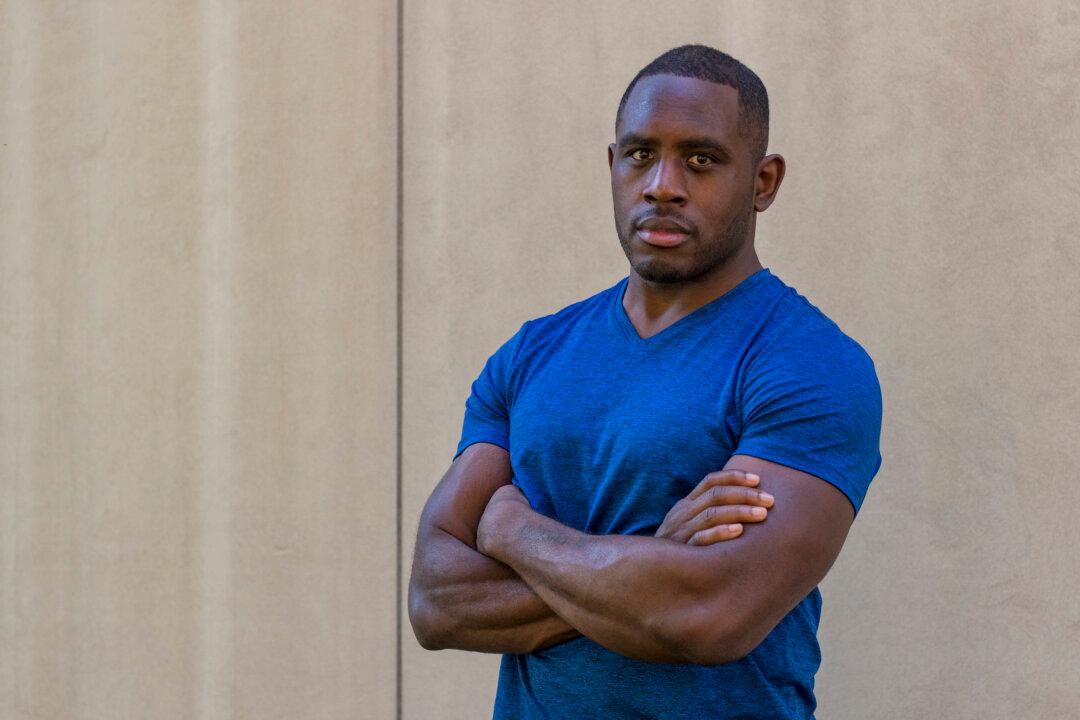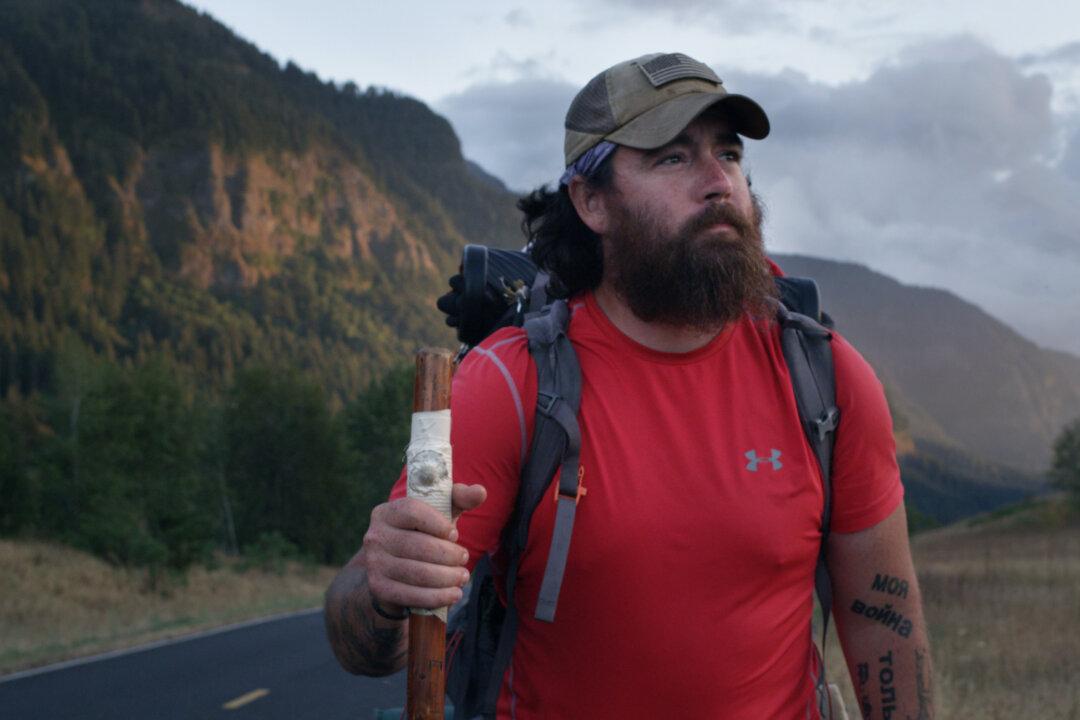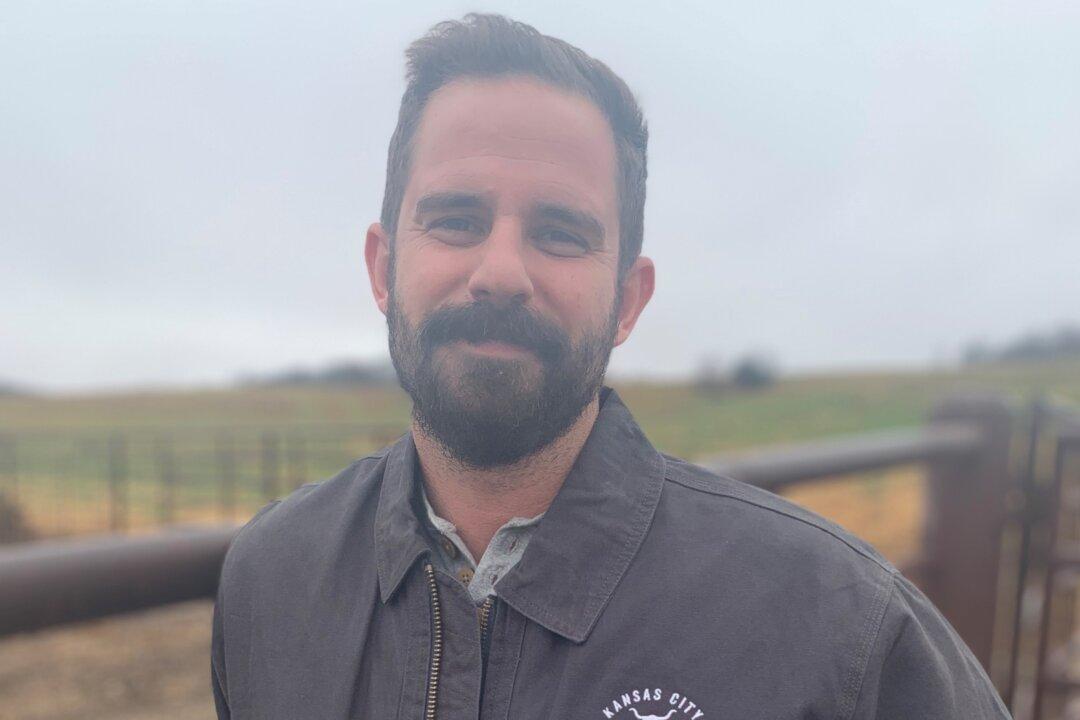Shalita O‘Neale is the founder of the Foster Change Network Foundation, an organization that connects alumni of the foster care system so they can network, support each other, and show each other how much they are able to accomplish. O’Neale knows the potential that foster children have because she was in the system starting at age 13.
O‘Neale grew up in Baltimore, Maryland. When O’Neale was just 2 years old, her sister discovered that their mother had been stabbed to death in their home.






